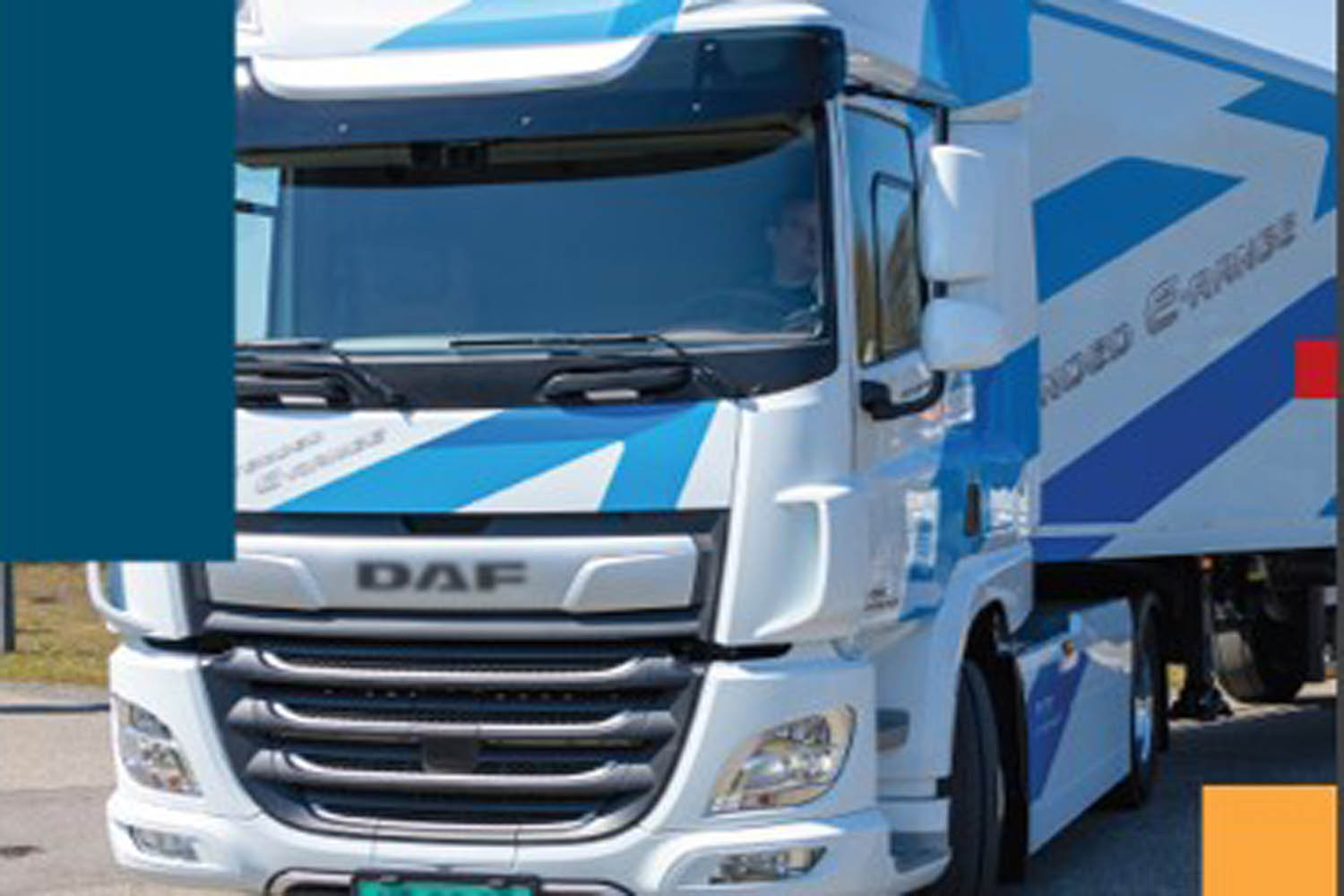Completed project: Safety Risks of Alternative Powered Vehicles on Chemical Clusters - Phase 2: Scenarios
Description
Many (petro)chemical companies are located on industrial estates and chemical clusters. A lot of transport (of hazardous substances) takes place on these sites. The transport sector is becoming greener, which means that alternative fuels are increasingly being used.
Site operators, but also individual companies and their safety advisors, want a better understanding of (any) new safety risks of trucks powered by 'sustainable' fuels. These include LNG, CNG, hydrogen and battery-electric. However, current Brzo legislation and regulations say nothing about the (permitted) type of propulsion of trucks on such industrial sites.
Three phases are planned for the implementation. Phase 1 is completed. In phase 2, incident scenarios are developed and possible management measures determined.

Code: RCA 2022-28-2
Status: Completed
Update: June 7, 2023
Purpose
The aim of the study is to gain insight into the (additional) safety risks of 'alternative' powered vehicles on (petro)chemical sites and to advise on proportional safety measures for road transport of goods (tanks and general cargo) on company premises. Alternative powered vehicles are defined as vehicles powered by electricity (batteries), liquefied natural gas (LNG), compressed natural gas (CNG), or hydrogen (H2). These are scenarios for trucks.
Expected result
Participants gain insight from Phase 2 into the extent of the safety risks of alternatively powered vehicles on industrial sites that use LNG, CNG, or H2 as fuel, or are battery-electric powered. For this purpose, specific incident scenarios are developed that focus on the trucks' fuel tanks and installations or batteries.
The study includes:
Mapping of other types of activities (e.g. loading, storage, transport) as a result of more sustainable transport at (petro)chemical sites.
Developing incident scenarios and associated physical mechanisms for these other types of activities and determining how they differ from the 'current or existing' scenarios in terms of cause, effect and likelihood.
Identifying possible measures to control these risks.
recording the study results in a handbook.
| Date Initiation | 16 March 2022 |
|---|---|
| Risk theme | Risk | Control | Assurance / Safety Risks Energy Transition |
| User group | ----- |

